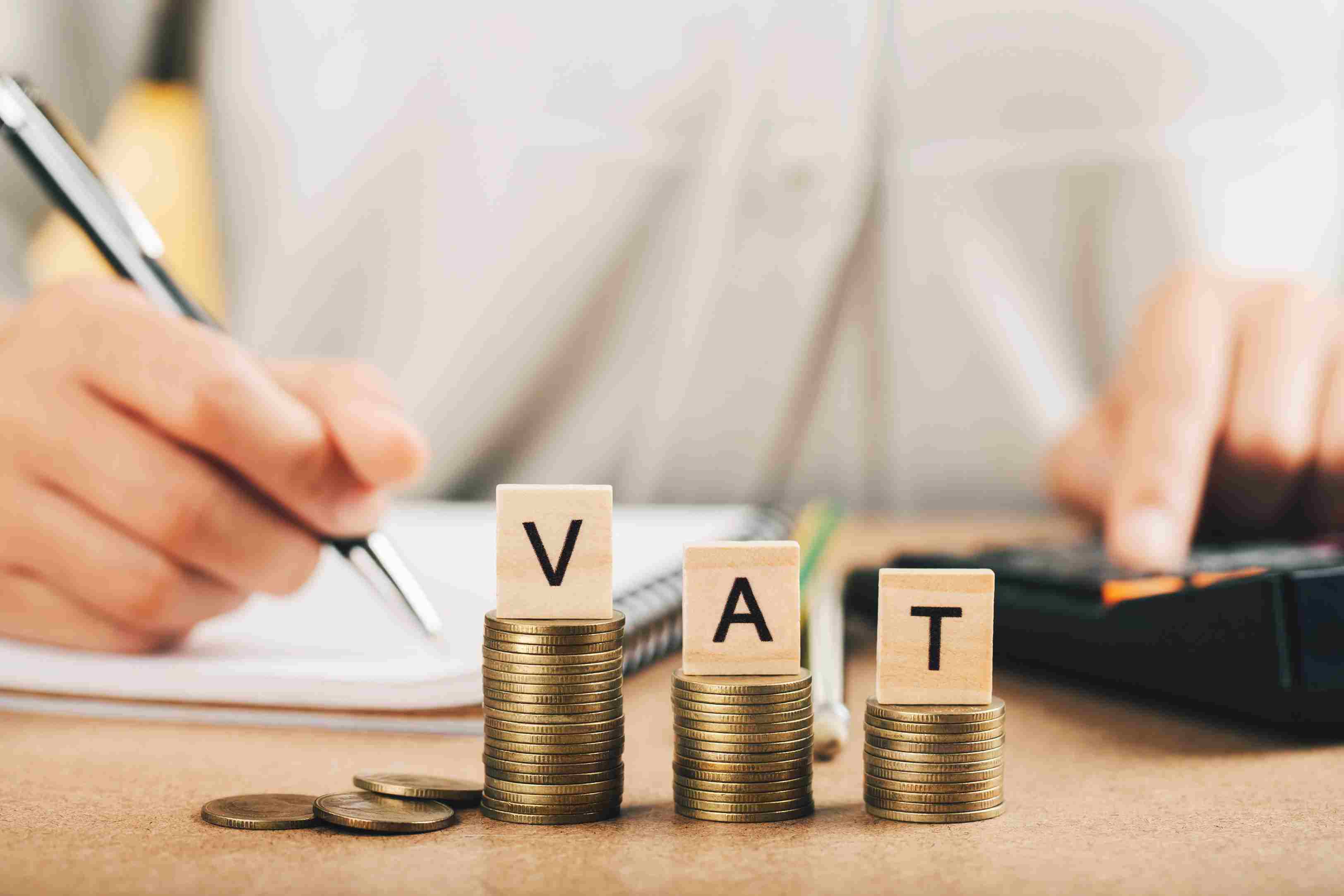
The VAT (value added tax) Law Amendment was issued by the president of the UAE,
His Highness Sheikh Mohamed Bin Zayed Al Nahyan, on September 26, 2022, and
these laws have been effective since January 1, 2023. The Arabic version of VAT was
published in the official gazette. In total, 24 articles are changed, and one article on
the statute of limitations is added to the VAT Law. These new definitions for
"relevant charitable activity," "pure hydrocarbons," "tax evasion," "tax audit,"
"tax assessment," and "voluntary disclosure" are included in the new decree-law.
There are three main categories in the new amendment. In the first category, we
may state that the law’s current provinces have been given more explanations. The
new provinces are classified as belonging to the second category. The third
category includes the references that provide more clarification regarding the
revised VAT amendment. There are some additions to the words in the provision
that make it more understandable.
Addition of new articles - Statute of limitations
- The registered taxable persons who are subject to entirely zero-rated supplies have the opportunity to take advantage of registration exceptions, and this is expressly mentioned in the present VAT Law.
- If the FTA determines that the continuation of such tax registration may harm the integrity of the tax system, it may make a tax deregistration decision as of the updated law's effective date.
- The import of transportation equipment, the import of goods and services associated with transportation equipment, the import of rescue aircraft or vessels, the import of natural gas and crude oil, the import of basic medical supplies associated with transportation equipment, and the import of precious metals will all be regarded as zero-rated supplies.
- If government entities and charities have incurred costs for their respective sovereign functions and pertinent charitable activities, they are each eligible to deduct all of their input tax, subject to the general exclusion rules.
- In the current VAT law, if the tax is charged in error or tax treatment is applied in error, a taxable person will be able to adjust the output tax after the date of supply, but now adjusting the output tax where tax treatment is applied in error is missing.
- Businesses are required to have the invoices and import documents like bills of entry for the goods to claim input tax. If businesses do not have these documents, then they are not allowed to claim these taxes but are liable to pay output tax on behalf of non-resident suppliers under the reverse charge mechanism.
- Earlier, to adjust output tax, businesses were required to issue a tax credit note within 14 days from the date of their establishment. But in the revised decree law, there is no specific timeline for issuing a tax credit note.
- Any individual who receives money as tax or issues a tax invoice for money must pay that money to the FTA. The decree has been updated to include information about paying taxes when you receive a tax invoice.
- Reverse charging will only be employed in situations where pure hydrocarbons, as defined by the new law, are being used to produce or distribute any type of energy. In accordance with existing law, hydrocarbons other than pure hydrocarbons are subject to reverse charging.
Conclusion
The changes in UAE value added tax (VAT) have been effective since January 1,
2023. There have been some additions and clarifications that will help you pay your
taxes.
In a world where tax reform is becoming more important than ever, your tax
regulatory compliance requirements as businesses shouldn’t be a burden. PRF
Management Consultancy, the top tax advisors in Dubai , brings the right blend of
expertise and powerful technology to reduce disruption, shape your way of
working, and give you time back, all while raising the bar on quality
Services
Contact Us
Office 1509, Clover Bay, Business Bay, Downtown, Dubai, UAE